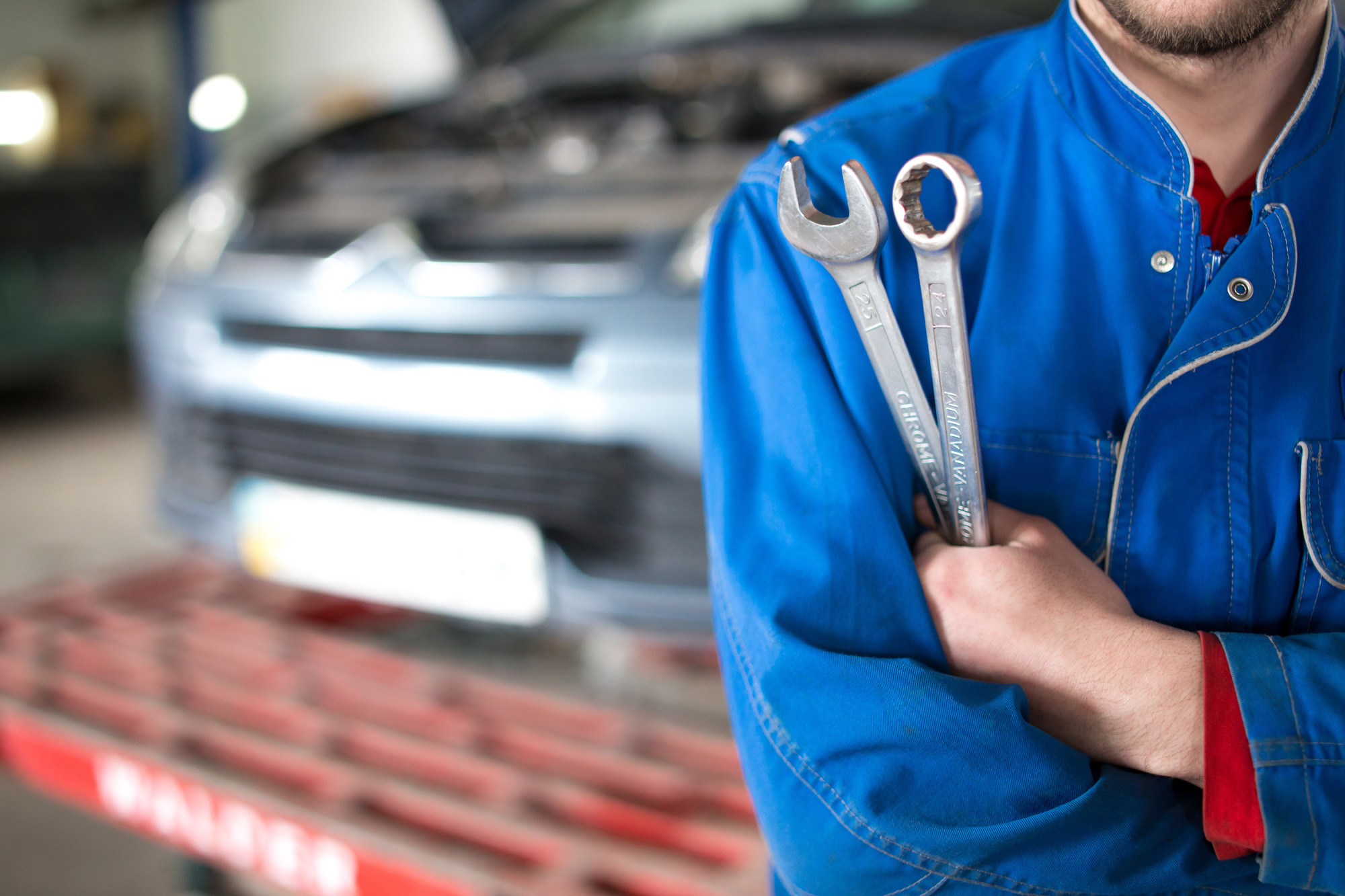8.8 out of 10 Americans own a car. If you’ve just purchased your first one, congratulations! You’re officially a member of a very happy majority that can zip around a heck of a lot faster than all of the bike and bus riders of the world.
As a new car owner, one of the first things you’ll want to do is get acquainted with auto repair shops in your area so you know where to take your vehicle when it has problems. With all of the repair shop options you likely have in your community though, it can be hard to know which establishment deserves your business.
Therein lies the value of this post!
Over the next few minutes, we’re going to share key questions you should ask any shop you’re considering.
1. How Often Do You Work on My Make/Model?
There are thousands of different car make/model combinations. All of them have unique needs that can cause more harm than good if ignored.
That’s why we recommend starting your conversation with a shop by asking if they routinely work on your car. It may be that your vehicle is too exotic and needs to be serviced by a specialty shop.
2. Do You Charge for Estimates?
Given the amount of competition that’s out there, auto repair shops have largely adopted giving free estimates to consumers. There are, however, a select few that still charge to give your car an initial look.
While you can’t blame a professional for wanting to make money, you can certainly give your business to a shop that’s offering the best deal. Consequently, if one shop is offering a free estimate and another isn’t, all things equal, go with the shop that’s free.
3. Can I Get My Estimate in Writing?
Any auto shop that’s worth their salt won’t mind giving you an estimate in writing. Those that are hesitant to do so will almost certainly bait and switch their pricing.
Just because your estimate says one thing doesn’t mean that your price can’t change to a degree. Good etiquette allows for up to a 15% swing on an estimate due to unforeseen expenses.
What a written estimate does is keep your quoted price from shifting astronomically which is something that can and does happen in some repair settings.
4. Will You Be in Touch If Out of Budget Work Comes Up?
In rare cases, a good auto body shop will run into an issue that to fix, will require them to substantially exceed your estimate.
The best course of action when this comes up is to give you a call, explain the situation, and get your permission to continue. The worst course of action is to do the work and explain the matter after the fact.
Make sure your auto body shop is in the communication camp as you never want to be surprised by work you can’t afford.
5. What Do Your Online Reviews Look Like?
You don’t technically need to ask auto repair shops what their online reviews look like to know. After all, you could simply look them up online.
Why we like asking the question is because it gives you a glimpse into your shop’s honesty. If your shop says that their online reviews are excellent and you go online to find that they have low to average reviews, that’s your cue to walk away.
A shop that’s willing to lie about something that you can confirm will lie about harder to validate things like what kind of work your car needs.
6. Do You Have Personal References?
Not every repair shop has a robust online presence. That doesn’t mean that they’re a bad shop.
If you like the vibe of a place but can’t validate its work through online reviews, ask the shop for personal references. They should be able to point you towards testimonials or give you a satisfied customer’s contact information.
7. What Kind of Parts Do You Use?
There are OEM (original equipment manufacturer) parts and aftermarket parts. Which your repair shop opts for can affect price and repair quality.
Ask your repair shop what kinds of parts they use. Then, follow up by asking if they’d be willing to use a different kind of part at your request.
The more flexibility your repair shop gives you regarding what they’re placing in your vehicle, the better.
8. What Kind of Warranty Do You Provide (Parts and Service)?
Finally, know what kind of warranty your repair shop is going to offer you on the work they do and the parts they use.
Part warranties will be set by manufacturers which is why it’s important to confirm what kind of parts will be placed in your vehicle. Labor warranties are set by the shop which can vary.
You can find out how a good labor warranty program works by checking out the most reputable shops in the country and comparing what they offer to what your prospective shop is offering. If the warranty you’re being offered doesn’t meet your standards, keep weighing your options.
Taking the Time to Assess Auto Repair Shops Saves You Money and Heartache
You may have read all of these tips for vetting auto repair shops and thought to yourself that the juice isn’t worth the squeeze. Let us be clear that while vetting does take time, it’s definitely worth the effort.
Partnering with the wrong shop will cost you more money in the way of inflated costs and may even put your car’s health at risk. To avoid that, consider your repair shop options and always read our blog’s newest content to discover more reliable tips on how to get the most out of your vehicle.

